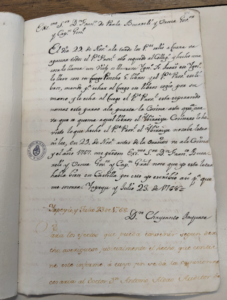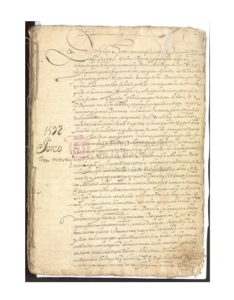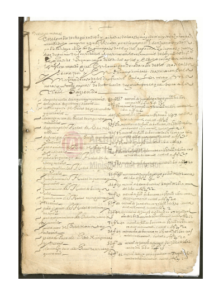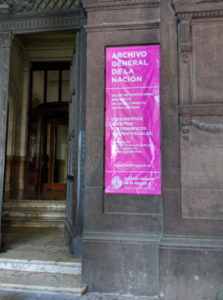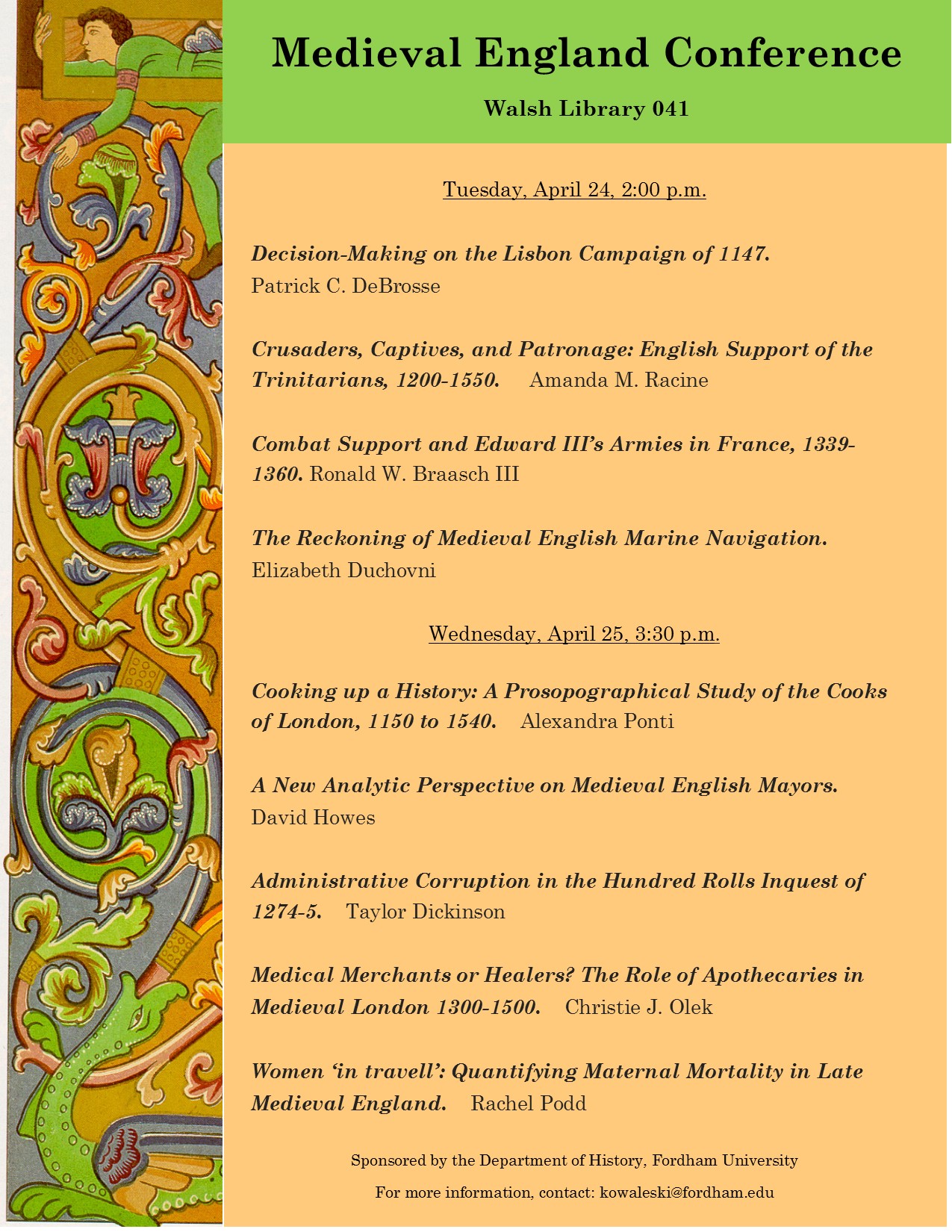
Medieval England Conference at Fordham!
Comments Off on Medieval England Conference at Fordham!
Filed under Department Events, Events, Grad Student News, This week in Fordham History
History Undergrads Present Their Research at the Undergraduate Research Symposium
Three undergraduate History students were chosen to present their research at the 11th Annual Undergraduate Research Symposium on April 11. Dr. Elizabeth Penry, Associate Chair for Undergraduate Studies in the History Department who moderated the panel, reported that the presentations were excellent and that all three were based on extensive original research in primary sources. Here are the abstracts of the papers presented by Josh Anthony, Katherine De Fonzo, and Elizabeth Doty. Continue reading
Comments Off on History Undergrads Present Their Research at the Undergraduate Research Symposium
Filed under Department Events, Events, Undergrad News, Undergraduate Research
O’Connell Initiative Event!
Comments Off on O’Connell Initiative Event!
Filed under Department Events, Events, O'Connell Initiative
Science-Humanities Seminar on May 11th!
Comments Off on Science-Humanities Seminar on May 11th!
Filed under Department Events, Events
A Postcard from Argentina
What do historians do over spring break? Dr. Elizabeth Penry, Associate Chair for Undergraduate Studies, traveled to Argentina for research and sent us this postcard from Buenos Aires.
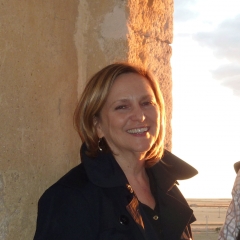
With the support of a generous Faculty Research Grant from Fordham University, I have begun work on a new project on indigenous literacy practices in the colonial Andes (16th – 18th centuries). Over the spring break, I traveled to Buenos Aires to work in the Archivo General de la Nación. The geographic focus of my work is that region of the Andes that became the modern nation of Bolivia. Part of the Inca empire at the time of the Spanish invasion, it formed the southern region of the Viceroyalty of Peru for over 200 years until it was incorporated into the new Viceroyalty of the Rio de la Plata, headquartered in Buenos Aires, at the end of the 18th century.
A 1768 Complaint about Book Burning
Finding information about indigenous literacy is a little like hunting for a needle in a haystack; there isn’t any division in any colonial archive dedicated to the topic. But in addition to 250 years of detailed records of royal orders, the Argentine national archives are particularly rich with census and economic records for the region, and sometimes surprising information turns up. Orders coming from Spain demanded that schools be established in every indigenous town and that native Andeans should learn Spanish, but they rarely provided monetary support. However, I found tax records that list funds paid for indigenous village school teachers. Even more interesting is how many indigenous people were labeled ‘indios ladinos’ the term Spaniards used for natives who were fluent in Spanish language and culture. Indios ladinos were identified as town criers, translators, church sacristans, and frequently were responsible for writing legal petitions for their communities. In one unusual case that I found, an indio ladino accused a priest of being complicit in the burning of books. Although he claimed not know the titles of the destroyed books, this native Andean was horrified by the sight and filed a complaint with officials. All these small details will allow me to create a detailed composite picture of indigenous practices related to literacy in the colonial period.
A 1592 order for a new census following a measles epidemic
A 1611 Census Report
Besides archival work, I met with colleagues at the Universidad de Buenos Aires. The university has a very active program in Andean history and it was great to compare research notes with fellow scholars. Argentine colleagues made my research much easier by sharing their detailed knowledge, as well as catalog records of local archives. Of course, just being in Buenos Aires is wonderful. One of the wealthiest countries in the world at the turn of the 20th century, Argentina, like the US, is a nation of immigrants. In particular, large numbers of Italians (like the family of Pope Francis) came to Buenos Aires, influencing the cuisine and the language. After a day of archival research, it’s hard to choose between a parrillada (grilled meats) or ñoquis (gnocchis) prepared Roman style to go with un buen Malbec. One of the great joys of working on the colonial Andes is the opportunity to work in archives in many different countries, and to have colleagues literally around the globe.
Entrance to Archivo General de la Nación in Beunos Aires
Comments Off on A Postcard from Argentina
Filed under Faculty Awards, Faculty News, Postcards, Uncategorized
Grad Student News
 Jordyn May, a PhD student in the History Department, has her research on the visual culture of the women’s suffrage movement featured on Fordham University’s home page. Check it out: WOMEN’S HISTORY: HOW SUFFRAGETTES SOLD THEIR MESSAGE
Jordyn May, a PhD student in the History Department, has her research on the visual culture of the women’s suffrage movement featured on Fordham University’s home page. Check it out: WOMEN’S HISTORY: HOW SUFFRAGETTES SOLD THEIR MESSAGE
Comments Off on Grad Student News
Filed under Grad Student News
A Roundtable Discussion on Scholarship and Public Engagement
Comments Off on A Roundtable Discussion on Scholarship and Public Engagement
Filed under Department Events, Events, Grad Student News
Postcard from London: A Medieval Experience
History major and Mannion Society member Marisa Bohm is spending the spring semester in London. Marisa has written to us to share her experiences of her junior semester abroad:
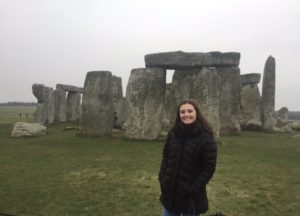
Comments Off on Postcard from London: A Medieval Experience
Filed under Postcards, Undergrad News, Undergraduate Research
From History, To Business
An article recently published by the American Historical Association, titled “History at the Office: How a Business Analyst Uses Her History Degree”, shows the way in which the author, Stephanie Fulbright, used her degree in History to garner success outside of the world of academia. To read about the ways in which a degree in History can prepare one for the business world follow the link below:
History at the Office: How a Business Analyst Uses Her History Degree
Comments Off on From History, To Business
Filed under Uncategorized
Twilight Capitalists: The Global Cold War and the Unmaking of Post-War Capitalism
 On the evening of Thursday, March 8th, the History Department opened its O’Connell Initiative Annual Conference titled “The United States and Global Capitalism in the Twentieth Century” with Dr. Vanessa Ogle as it’s keynote speaker. Dr. Ogle is a professor of History at University of California-Berkeley with a focus on late-modern Europe. Faculty, graduate and undergraduate students alike filled the McNally Amplitheatre to hear Dr. Ogle’s talk, titled “Twilight Capitalists: The Global Cold War and the Unmaking of Post-War Colonialism”. Continue reading
On the evening of Thursday, March 8th, the History Department opened its O’Connell Initiative Annual Conference titled “The United States and Global Capitalism in the Twentieth Century” with Dr. Vanessa Ogle as it’s keynote speaker. Dr. Ogle is a professor of History at University of California-Berkeley with a focus on late-modern Europe. Faculty, graduate and undergraduate students alike filled the McNally Amplitheatre to hear Dr. Ogle’s talk, titled “Twilight Capitalists: The Global Cold War and the Unmaking of Post-War Colonialism”. Continue reading
Comments Off on Twilight Capitalists: The Global Cold War and the Unmaking of Post-War Capitalism
Filed under Department Events, O'Connell Initiative



